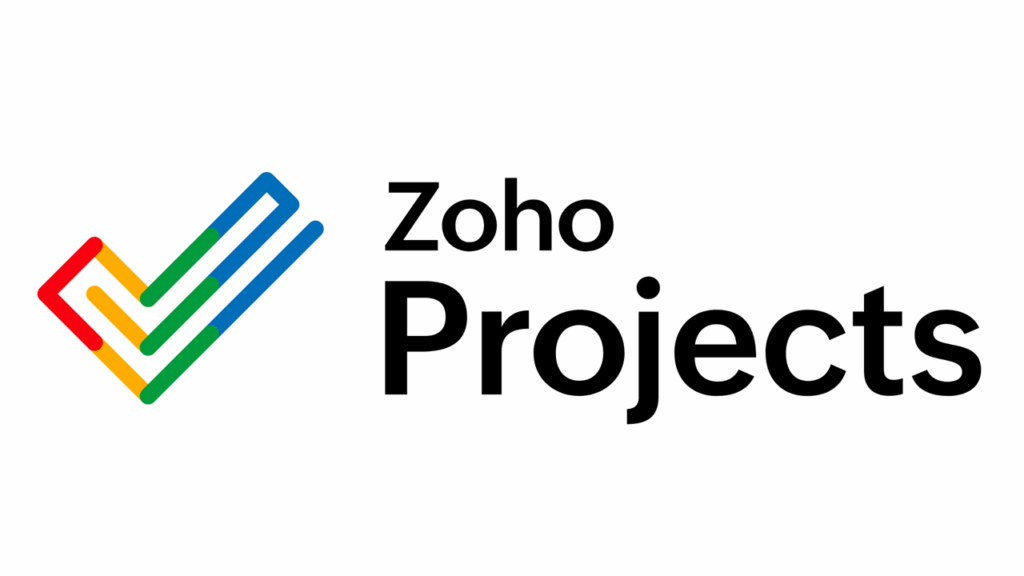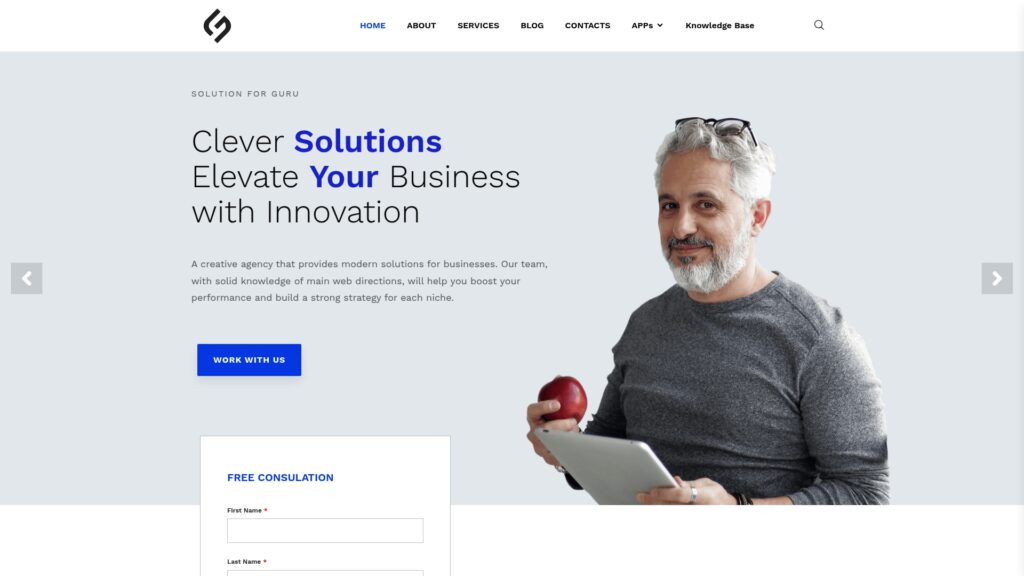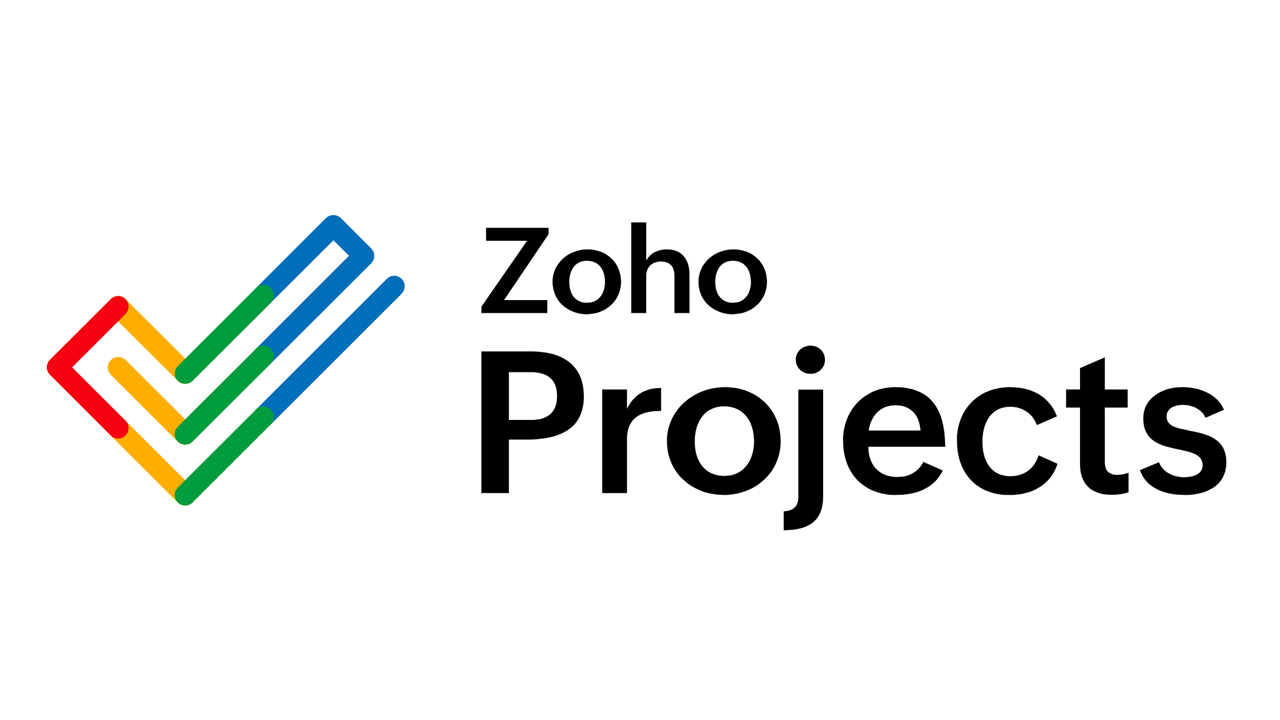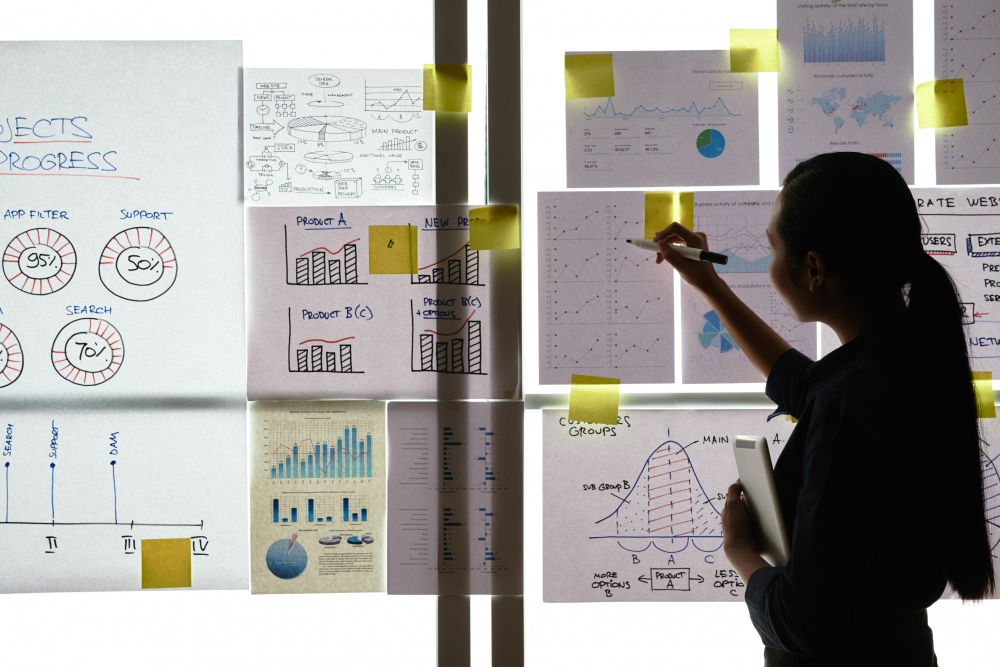What Essential Skills Do Successful Project Managers Need to Master?

In today’s dynamic business environment, project managers serve as the critical bridge between strategic vision and operational execution. They orchestrate complex initiatives involving diverse teams, limited resources, and competing priorities while navigating constant change and uncertainty. Consequently, successful project management requires a sophisticated blend of technical expertise, interpersonal abilities, and strategic thinking that extends far beyond simply following methodologies or using software tools. This comprehensive guide explores the essential skills that distinguish exceptional project managers from merely adequate ones, providing practical insights into developing and refining these capabilities throughout your career.
Table of Contents
- Quick Summary
- What Are the Core Competencies Every Project Manager Must Develop?
- How Do Communication Skills Drive Project Success?
- Why Are Leadership and Team Management Skills Critical?
- What Technical and Methodological Knowledge Should Project Managers Possess?
- Summing up
- Frequently Asked Questions
- Why Partner with Solution4Guru for Project Management Excellence?
Quick Summary
Successful project management demands a diverse skill set spanning technical, interpersonal, and strategic domains. This comprehensive guide examines:
- Core competencies: Foundation skills including planning, organization, and time management
- Communication excellence: Techniques for clear, persuasive, and culturally sensitive communication
- Leadership capabilities: Building high-performing teams and inspiring collaborative excellence
- Technical proficiency: Methodologies, tools, and platforms including Quickbase, Smartsheet, and Zoho
- Strategic thinking: Aligning projects with business objectives and creating sustainable value
- Problem-solving abilities: Analytical frameworks for addressing complex challenges effectively
- Emotional intelligence: Self-awareness, empathy, and relationship management for team success
- Digital literacy: Leveraging technology platforms to enhance project delivery and team productivity
Whether you’re beginning your project management journey or advancing to senior leadership roles, this guide provides actionable insights for developing the skills that drive consistent project success and career advancement.
What Are the Core Competencies Every Project Manager Must Develop?
Project management fundamentals provide the foundation upon which all other skills build. These core competencies enable project managers to establish structure, maintain control, and deliver consistent results regardless of project type or industry context.
Planning and Organization Skills
Effective planning transforms abstract concepts into actionable roadmaps, while strong organizational skills ensure smooth execution throughout project lifecycles. These capabilities separate successful projects from chaotic failures.
Scope Definition and Management: Project managers must excel at defining clear project boundaries, deliverables, and success criteria. This involves working with stakeholders to document requirements comprehensively while managing expectations about what’s included and excluded. Moreover, scope management requires vigilance against scope creep—the gradual expansion of project requirements that threatens timelines and budgets. Successful project managers establish formal change control processes ensuring that scope modifications are evaluated, approved, and incorporated systematically.
Work Breakdown Structure (WBS) Development: Breaking complex projects into manageable components represents a fundamental project management skill. Effective WBS creation requires understanding the work comprehensively enough to decompose it logically while ensuring nothing is overlooked. Additionally, project managers must determine appropriate decomposition levels—too granular becomes overwhelming while too high-level obscures important details. Tools like Smartsheet facilitate WBS creation through intuitive hierarchical structures that teams can collaboratively develop and refine.
Schedule Development and Management: Creating realistic, achievable schedules demands understanding task durations, dependencies, resource constraints, and risk buffers. Project managers must master critical path method (CPM) techniques identifying which activities directly impact project completion dates. Furthermore, schedule management requires continuous monitoring, prompt identification of variances, and proactive adjustment when necessary. Modern platforms like Zoho Projects provide Gantt charts, dependency visualization, and automated schedule updates that enhance scheduling effectiveness.
Resource Planning: Identifying required resources—including personnel, equipment, materials, and budget—and ensuring their availability when needed proves essential. This involves understanding resource capabilities, availability constraints, and competing demands across multiple projects. Additionally, effective resource planning includes contingency provisions for when resources become unavailable unexpectedly.
Time Management and Prioritization
Project managers juggle countless demands simultaneously, making time management and prioritization skills absolutely critical for effectiveness and sanity.
Priority Setting: Not all tasks carry equal importance or urgency. Project managers must distinguish between activities that are truly critical versus those that are merely urgent or simply noisy. The Eisenhower Matrix—categorizing tasks by importance and urgency—provides a valuable framework for priority decisions. Moreover, priority setting requires understanding stakeholder perspectives, as different groups may view priorities quite differently.
Delegation Effectiveness: Project managers cannot and should not attempt to do everything themselves. Effective delegation involves identifying tasks others can handle, selecting appropriate delegates based on skills and development needs, providing clear expectations and necessary authority, and following up appropriately. Furthermore, delegation serves dual purposes—freeing project managers for higher-value activities while developing team member capabilities.
Meeting Management: Meetings consume substantial time in project management. Consequently, project managers must excel at determining when meetings are necessary versus when asynchronous communication suffices, creating focused agendas, facilitating productive discussions, capturing decisions and action items, and ensuring meetings start and end on schedule. Platforms like Quickbase integrate meeting management with project workflows, automatically converting meeting outcomes into tracked action items.
Personal Productivity: Project managers must manage their own time effectively, employing techniques such as time blocking, batching similar activities, minimizing context switching, and protecting focus time for complex analytical work. Additionally, recognizing personal productivity patterns—understanding when you’re most effective for different work types—enables optimal task scheduling.
Budget and Cost Management
Financial stewardship represents a fundamental project management responsibility requiring both technical knowledge and practical judgment.
Budget Development: Creating comprehensive budgets involves estimating all project costs including labor, materials, equipment, contractors, travel, and contingency reserves. Project managers must understand cost estimation techniques including analogous estimating (based on similar past projects), parametric estimating (using statistical relationships), and bottom-up estimating (aggregating detailed component estimates). Moreover, budget development requires incorporating appropriate contingency reserves for identified risks and unknown uncertainties.
Cost Tracking and Control: Once budgets are established, project managers must monitor actual expenditures against planned spending, identifying variances promptly. Earned value management (EVM) provides sophisticated techniques for assessing project performance by comparing planned value, earned value, and actual costs. Additionally, forecasting final project costs based on current performance enables early intervention when overruns loom.
Financial Reporting: Stakeholders require regular, accurate financial updates presented in accessible formats. Project managers must translate detailed financial data into executive summaries highlighting key metrics, variances, and implications. Furthermore, financial reporting should always connect spending to value delivery rather than simply listing expenditures.
Risk Management Fundamentals
Every project faces uncertainties that could impact success. Consequently, risk management skills enable project managers to address threats proactively while exploiting opportunities.
Risk Identification: Project managers must systematically identify potential risks through techniques including brainstorming sessions, expert interviews, historical review, and checklist analysis. Moreover, effective risk identification requires looking beyond obvious threats to uncover subtle vulnerabilities that others might overlook.
Risk Analysis: Once identified, risks require assessment regarding likelihood and potential impact. Qualitative analysis categorizes risks as high/medium/low, while quantitative analysis assigns numerical probabilities and impact values. Additionally, project managers must understand risk interconnections—how one risk might trigger or amplify others.
Risk Response Planning: For significant risks, project managers develop specific response strategies including avoidance (eliminating the risk), mitigation (reducing probability or impact), transfer (shifting risk to third parties through insurance or contracts), or acceptance (acknowledging the risk and preparing contingency plans). Furthermore, risk responses must be cost-effective—spending more on mitigation than potential risk impact makes little sense.
How Do Communication Skills Drive Project Success?

Communication represents perhaps the most critical project management skill, as project managers spend 80-90% of their time communicating with various stakeholders. Exceptional communication abilities distinguish outstanding project managers from mediocre ones.
Stakeholder Communication and Management
Different stakeholders require different communication approaches, and project managers must tailor their style, content, and frequency accordingly.
Stakeholder Analysis: Effective communication begins with understanding who your stakeholders are, what they care about, how they prefer to receive information, and what influence they wield over project success. Stakeholder mapping techniques categorize individuals by power and interest, enabling targeted communication strategies. Moreover, stakeholder landscapes evolve throughout projects, requiring continuous reassessment.
Communication Planning: Project managers must develop comprehensive communication plans specifying what information will be shared with whom, through which channels, at what frequency, and in what format. For example, executives might receive monthly dashboard summaries, while technical teams need daily stand-up updates. Additionally, communication plans should address both planned communications and protocols for unplanned communications when issues arise.
Active Listening: Communication isn’t just about transmitting information—it requires truly hearing and understanding what others communicate. Active listening involves giving full attention, asking clarifying questions, paraphrasing to confirm understanding, and observing nonverbal cues. Furthermore, active listening builds trust and surfaces important information that speakers might not explicitly articulate.
Presentation Skills: Project managers frequently present to diverse audiences including executives, team members, clients, and other stakeholders. Effective presentations require clarity about objectives, audience-appropriate content and language, compelling visual aids, confident delivery, and graceful handling of questions. Platforms like Smartsheet generate dynamic dashboards and reports that enhance presentation effectiveness by visualizing complex data accessibly.
Written Communication Excellence
Much project communication occurs in written form through emails, reports, documentation, and collaboration platforms. Consequently, writing skills significantly impact project management effectiveness.
Clarity and Conciseness: Effective project managers write clearly and concisely, using straightforward language that audiences easily understand. This involves eliminating jargon when communicating with non-technical audiences, structuring information logically, and emphasizing key points prominently. Moreover, conciseness respects readers’ time—busy stakeholders appreciate communications that convey necessary information efficiently without unnecessary elaboration.
Documentation Skills: Projects generate substantial documentation including project charters, requirements specifications, design documents, test plans, and closeout reports. Strong documentation skills ensure these artifacts are comprehensive, accurate, well-organized, and accessible. Additionally, good documentation serves future projects by capturing lessons learned and best practices. Zoho Projects provides centralized document management ensuring all stakeholders access current versions and historical records.
Status Reporting: Regular status reports keep stakeholders informed about progress, issues, and upcoming activities. Effective status reports balance detail with brevity, highlight exceptions requiring attention, and provide context enabling informed decision-making. Furthermore, status reports should always include forward-looking information about upcoming milestones and potential concerns rather than simply documenting past activities.
Conflict Resolution and Negotiation
Projects inevitably generate disagreements about requirements, priorities, resources, approaches, and countless other matters. Therefore, conflict resolution and negotiation skills prove essential.
Conflict Identification: Project managers must recognize conflicts early before they escalate into serious problems. This requires creating environments where people feel comfortable expressing concerns and disagreements. Moreover, project managers should distinguish between healthy debate that improves outcomes versus dysfunctional conflict that damages relationships and project progress.
Resolution Techniques: Various conflict resolution approaches suit different situations. Collaboration seeks win-win solutions satisfying all parties. Compromise involves mutual concessions. Accommodation prioritizes relationships over specific outcomes. Competition pursues one party’s interests at others’ expense. Avoidance postpones addressing conflicts. Effective project managers select appropriate approaches based on conflict nature, relationship importance, and time constraints.
Negotiation Skills: Project managers constantly negotiate—for resources, timelines, requirements, budgets, and priorities. Effective negotiation requires understanding all parties’ interests (not just stated positions), identifying creative options expanding available value, establishing objective criteria for decisions, and building agreements that all parties can genuinely support. Additionally, successful negotiators separate people from problems, focusing on issues rather than personalities.
Cross-Cultural Communication
Modern projects increasingly involve globally distributed teams spanning different cultures, languages, and time zones. Consequently, cross-cultural communication competence becomes essential.
Cultural Awareness: Project managers must understand how cultural backgrounds influence communication styles, decision-making approaches, attitudes toward authority, conflict preferences, and time orientation. For instance, some cultures value direct communication while others prefer indirect approaches. Similarly, some cultures emphasize individual achievement while others prioritize collective success.
Language Considerations: When team members speak different native languages, project managers must ensure clear understanding despite language barriers. This involves using simple, unambiguous language, avoiding idioms and cultural references, confirming understanding through questions and paraphrasing, and providing written documentation supplementing verbal communication. Moreover, patience and respect for language challenges build inclusive environments.
Virtual Communication: Distributed teams rely heavily on virtual communication tools, which present unique challenges including lack of nonverbal cues, technology barriers, and reduced spontaneous interaction. Project managers must excel at facilitating virtual meetings, using collaboration platforms effectively, establishing communication norms, and creating opportunities for relationship building despite physical distance. Quickbase provides robust collaboration features supporting effective virtual teamwork across geographical boundaries.
Why Are Leadership and Team Management Skills Critical?

Project managers must inspire and guide teams toward shared objectives without necessarily holding formal authority over team members. Consequently, leadership and team management skills separate truly exceptional project managers from merely competent ones.
Building High-Performing Teams
Creating cohesive, effective teams from diverse individuals represents one of project management’s greatest challenges and most rewarding achievements.
Team Formation: Understanding team development stages—forming, storming, norming, performing, and adjourning—enables project managers to support teams appropriately at each phase. During forming, teams need clear direction and structure. During storming, conflict management and patience prove essential. Norming requires reinforcement of emerging collaboration patterns. Performing involves empowering teams to excel independently. Moreover, project managers must recognize that changes in team composition or project phases may cycle teams back through earlier stages.
Role Clarity: Team members perform best when they understand their responsibilities, authority, and how their contributions support overall success. Project managers must define roles clearly, document them in RACI matrices (Responsible, Accountable, Consulted, Informed), address overlaps or gaps, and revisit roles as projects evolve. Additionally, role clarity includes defining decision-making authority—who can make which decisions independently versus what requires approval.
Trust Building: High-performing teams share mutual trust enabling open communication, collaborative problem-solving, and supportive relationships. Project managers build trust through consistency between words and actions, transparent communication, admitting mistakes, giving credit generously, and demonstrating genuine concern for team members’ wellbeing and success. Furthermore, trust requires time and consistent behavior—it cannot be rushed or demanded.
Collaboration Facilitation: Project managers create environments and processes promoting effective collaboration. This includes establishing shared goals, implementing collaboration tools like Smartsheet that enable seamless information sharing, facilitating productive meetings, encouraging diverse perspectives, and celebrating collaborative achievements. Moreover, collaboration requires intentional effort in virtual environments where spontaneous interaction occurs less naturally.
Motivation and Engagement
Motivated, engaged team members deliver higher quality work, demonstrate greater creativity, and persevere through challenges more effectively than disengaged individuals.
Understanding Motivations: Different people are motivated by different factors—autonomy, mastery, purpose, recognition, advancement, compensation, or relationships. Effective project managers understand what motivates each team member individually, then structure work and recognition accordingly. Moreover, motivations may shift over time or vary based on life circumstances, requiring ongoing attention.
Recognition and Appreciation: Regular, genuine recognition of contributions and achievements significantly impacts motivation and morale. Effective recognition is specific (identifying particular contributions), timely (occurring soon after the achievement), sincere (genuinely felt rather than perfunctory), and varied (public recognition for some, private appreciation for others). Additionally, recognizing effort and learning, not just successful outcomes, encourages appropriate risk-taking and innovation.
Meaningful Work: People are more engaged when they understand how their work contributes to meaningful outcomes. Project managers connect daily tasks to larger purposes, explaining how specific activities support project success and how project success creates value for customers, organizations, or society. Furthermore, involving team members in decisions about their work enhances meaning and ownership.
Growth Opportunities: Providing opportunities for skill development, new experiences, and expanded responsibilities increases engagement while building team capabilities. Project managers should intentionally create learning opportunities through challenging assignments, cross-training, mentoring, and formal training programs. Zoho Projects tracks individual development goals alongside project tasks, ensuring growth receives ongoing attention.
Delegation and Empowerment
Effective delegation multiplies project managers’ impact while developing team member capabilities and engagement.
Strategic Delegation: Project managers should delegate tasks that develop team member skills, are appropriate to their capability levels, and free project managers for higher-value activities requiring their unique expertise or authority. Moreover, delegation decisions should consider both immediate project needs and long-term team development objectives.
Clear Expectations: Successful delegation requires communicating clear expectations about deliverables, quality standards, deadlines, resources available, constraints, and decision-making authority. Additionally, project managers should explain context—why the work matters and how it fits into larger objectives—enabling better decisions when unexpected situations arise.
Support Without Micromanagement: Effective delegation involves providing necessary resources, removing obstacles, and remaining available for questions while avoiding micromanagement that undermines confidence and autonomy. Furthermore, project managers should resist the temptation to reclaim delegated tasks when challenges emerge unless absolutely necessary.
Performance Management
Addressing performance issues constructively while reinforcing positive behaviors ensures team effectiveness and fairness.
Feedback Delivery: Regular, constructive feedback helps team members improve continuously rather than waiting for formal performance reviews. Effective feedback is specific (describing particular behaviors rather than generalizations), balanced (recognizing strengths while addressing improvement areas), timely (delivered soon after observed behaviors), and actionable (suggesting specific improvements). Moreover, feedback should be delivered privately for developmental areas while recognition can be public when appropriate.
Coaching and Mentoring: Project managers often serve as informal coaches and mentors, helping team members develop professionally. This involves asking questions that promote reflection, sharing experiences and lessons learned, providing guidance on navigating organizational dynamics, and connecting team members with additional resources or mentors. Additionally, effective coaching focuses on building capabilities rather than simply solving immediate problems.
Difficult Conversations: Addressing significant performance issues, interpersonal conflicts, or behavioral problems requires courage and skill. Project managers must approach difficult conversations with clear evidence of specific concerns, genuine desire to understand the team member’s perspective, focus on future improvement rather than past failures, and commitment to support positive change. Furthermore, involving HR or functional managers appropriately ensures procedural correctness and support.
What Technical and Methodological Knowledge Should Project Managers Possess?
While interpersonal skills prove critical, project managers must also possess substantial technical and methodological knowledge enabling them to plan, execute, and control projects effectively.
Project Management Methodologies
Different project types and organizational contexts require different management approaches. Consequently, project managers should understand multiple methodologies and adapt them appropriately.
Waterfall/Traditional Project Management: Sequential approaches where each phase (requirements, design, implementation, testing, deployment) completes before the next begins suit projects with stable, well-understood requirements and low uncertainty. Waterfall emphasizes comprehensive upfront planning, formal documentation, and structured stage gates. Moreover, this approach proves valuable for construction projects, manufacturing, and highly regulated industries requiring extensive documentation.
Agile Methodologies: Iterative approaches including Scrum, Kanban, and Extreme Programming (XP) suit projects with evolving requirements, high uncertainty, and need for frequent stakeholder feedback. Agile emphasizes working software over comprehensive documentation, responding to change over following plans, and customer collaboration over contract negotiation. Additionally, Agile approaches promote self-organizing teams, time-boxed iterations, and continuous improvement through retrospectives.
Hybrid Approaches: Many organizations adopt hybrid methodologies combining traditional and Agile elements based on project characteristics. For example, using Waterfall for hardware development while employing Agile for software components, or applying Agile principles within traditional project governance structures. Furthermore, hybrid approaches enable organizations to gain Agile benefits while maintaining necessary controls and predictability.
Lean and Six Sigma: Process improvement methodologies focusing on eliminating waste, reducing variation, and continuously improving efficiency. While originally developed for manufacturing and quality management, these principles apply broadly to project management through emphasis on value streams, minimizing work-in-progress, and data-driven decision-making. Platforms like Quickbase support Lean principles by providing visual workflow management and real-time performance metrics.
Tools and Technology Proficiency
Modern project management relies heavily on technology platforms that enhance planning, execution, collaboration, and reporting capabilities.
Project Management Software: Project managers must master tools that support their specific methodologies and organizational needs.
Quickbase

Quickbase provides flexible, customizable platforms enabling organizations to build tailored project management solutions reflecting their unique processes and requirements. Its low-code approach empowers project managers to adapt systems without extensive IT involvement, while robust reporting capabilities support informed decision-making.
Smartsheet

Smartsheet combines familiar spreadsheet interfaces with powerful project management capabilities including Gantt charts, resource management, automated workflows, and collaborative workspaces. Its flexibility supports various methodologies from traditional Waterfall to Agile approaches. Moreover, Smartsheet’s extensive integration ecosystem connects project management with other business systems, ensuring information flows seamlessly across organizational boundaries.
Zoho Projects

Zoho Projects provides comprehensive project management within the broader Zoho ecosystem, enabling tight integration with CRM, finance, HR, and other business functions. This integrated approach proves particularly valuable for organizations seeking unified business management rather than disconnected point solutions. Additionally, Zoho’s AI assistant, Zia, provides intelligent insights and recommendations enhancing project manager effectiveness.
Comparison of Platform Features Supporting Project Management Skills
Collaboration Platforms: Beyond dedicated project management tools, project managers must effectively use collaboration platforms like Microsoft Teams, Slack, and Google Workspace for communication, document sharing, and virtual meetings. Furthermore, understanding how to integrate these collaboration tools with project management platforms enhances team productivity and information accessibility.
Data Analysis and Visualization: Project managers increasingly need data analysis skills to extract insights from project metrics, identify trends, and communicate findings effectively. This includes proficiency with spreadsheets, understanding statistical concepts, and creating compelling visualizations that make complex data accessible to diverse audiences.
Domain-Specific Knowledge
While project management principles apply broadly, deep understanding of specific domains significantly enhances project manager effectiveness.
Industry Knowledge: Project managers benefit enormously from understanding their industry’s unique characteristics, terminology, regulatory requirements, competitive dynamics, and success factors. For instance, construction project managers must understand building codes, permitting processes, and safety regulations. Software development project managers should understand development practices, technical architectures, and quality assurance approaches. Moreover, industry knowledge enables more accurate estimates, better risk identification, and credible stakeholder relationships.
Technical Understanding: While project managers need not be subject matter experts in all technical domains their projects touch, sufficient technical understanding enables better communication with specialists, more realistic planning, and informed decision-making. Additionally, technical credibility builds trust with technical team members who might otherwise dismiss project managers as bureaucratic overhead.
Regulatory and Compliance Knowledge: Many industries face substantial regulatory requirements impacting how projects must be planned, documented, and executed. Project managers in healthcare, finance, pharmaceutical, and other regulated sectors must understand applicable regulations and ensure project compliance. Furthermore, compliance failures can create substantial organizational risk beyond individual project impacts.
Summing up
Successful project management demands a sophisticated blend of technical expertise, interpersonal capabilities, strategic thinking, and emotional intelligence. While methodologies and tools provide valuable frameworks, exceptional project managers distinguish themselves through mastery of fundamental skills including communication, leadership, problem-solving, and business acumen that transcend specific approaches or technologies.
The evolving project management landscape requires continuous skill development. Traditional competencies like planning, scheduling, and budget management remain essential foundations. However, contemporary project managers must increasingly master digital technologies, embrace agile and hybrid methodologies, develop emotional intelligence, and think strategically about business value creation. Moreover, as artificial intelligence and automation handle routine project management tasks, uniquely human skills – creativity, judgment, empathy, and relationship building – become even more valuable.
Ultimately, project management success depends less on which specific platform you use than on how effectively you develop and apply fundamental skills. The most sophisticated tools cannot compensate for poor communication, weak leadership, or lack of strategic thinking. Conversely, skilled project managers leverage appropriate platforms to amplify their capabilities, working more efficiently while delivering superior outcomes.
Organizations investing in project manager development – through training, mentoring, certification programs, and practical experience – create competitive advantages that technology alone cannot provide. Moreover, fostering cultures that value project management excellence, recognize skilled practitioners, and continuously improve practices ensures sustainable success across project portfolios.
Frequently Asked Questions
The short answer is that coding skills are beneficial but not strictly required for most project management roles. However, this answer requires considerable nuance based on industry, project types, organization, and career ambitions. For project managers in software development or technology-focused organizations, basic programming literacy significantly enhances effectiveness. You don’t necessarily need to write production code, but understanding programming concepts, common languages, development workflows, and technical constraints enables better communication with developers, more realistic estimates, and informed technical decisions. Moreover, understanding APIs, databases, and system architectures helps you evaluate technical risks and dependencies that non-technical project managers might overlook. Even outside pure software development, modern project management increasingly involves technology platforms requiring some technical proficiency. While platforms like Smartsheet emphasize user-friendly interfaces, more advanced features benefit from technical understanding. Quickbase’s low-code approach enables project managers with basic technical skills to build custom applications without traditional programming—a middle ground providing significant value without requiring deep coding expertise. Understanding concepts like data structures, logic flows, and integrations enhances your ability to leverage these platforms effectively.
This question generates ongoing debate in project management communities, but research and practical experience increasingly demonstrate that soft skills—communication, leadership, emotional intelligence, and relationship management—often matter more than technical project management knowledge for overall success, particularly at senior levels.Technical skills including planning, scheduling, budgeting, and risk management provide essential foundations. Without competent technical execution, projects fail regardless of how well people get along. Moreover, technical credibility builds trust with team members and stakeholders who might otherwise dismiss project managers as bureaucratic overhead adding little value. Therefore, technical competence represents necessary but insufficient conditions for project management excellence.
Why Partner with Solution4Guru for Project Management Excellence?
Developing exceptional project management capabilities – both individual skills and organizational practices – requires more than good intentions and generic training programs. Solution4Guru brings specialized expertise in project management development, technology implementation, and organizational transformation that accelerates your journey toward project management excellence.

By partnering with Solution4Guru, your organization gains a committed partner invested in your project management success. Their practical experience, proven methodologies, and client-centric approach ensure you develop capabilities delivering measurable improvements in project outcomes, team effectiveness, and business value realization. Moreover, Solution for Guru’s ongoing support means expert guidance remains available as your needs evolve – you’re never alone in your journey toward project management excellence.




